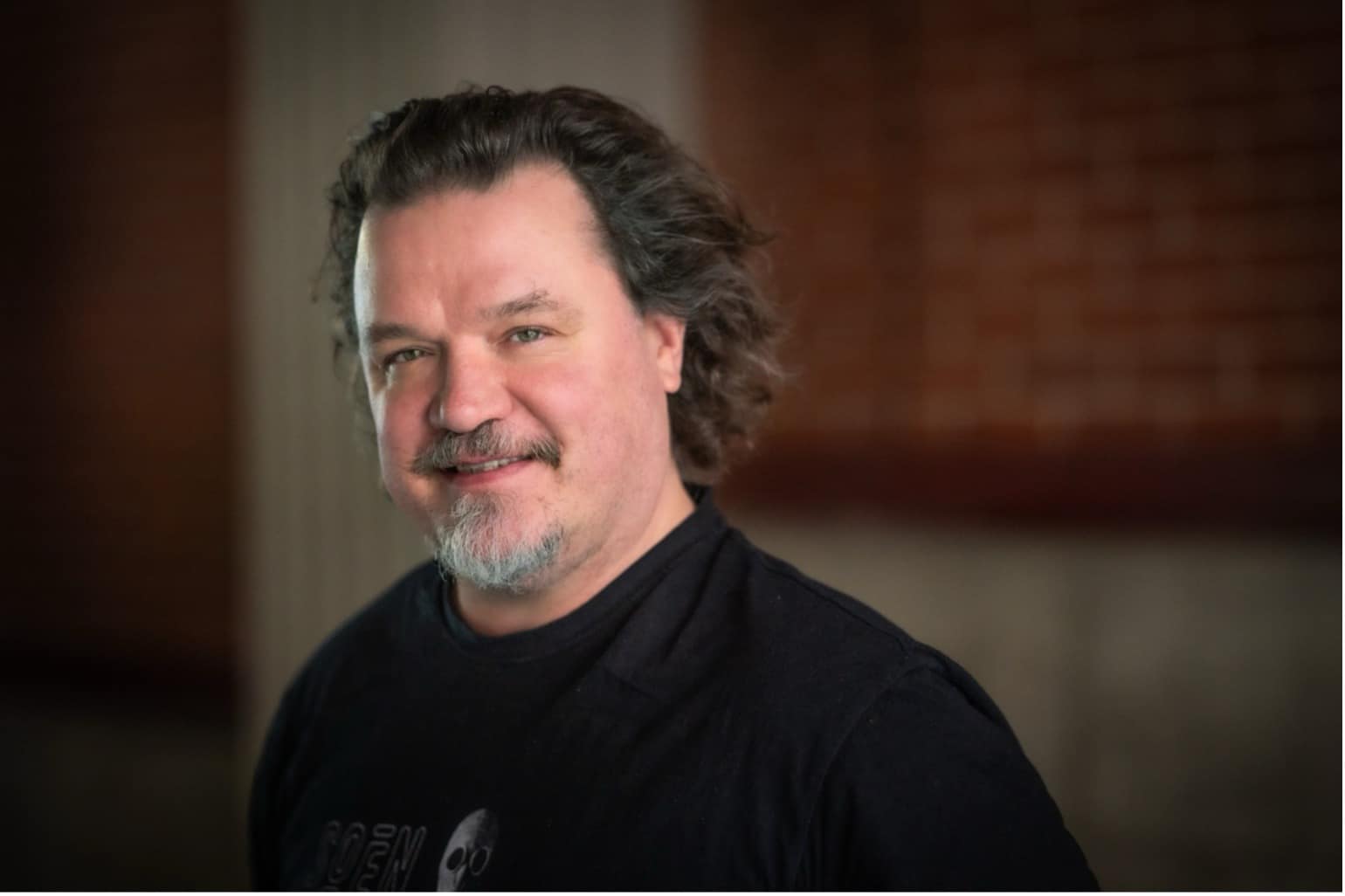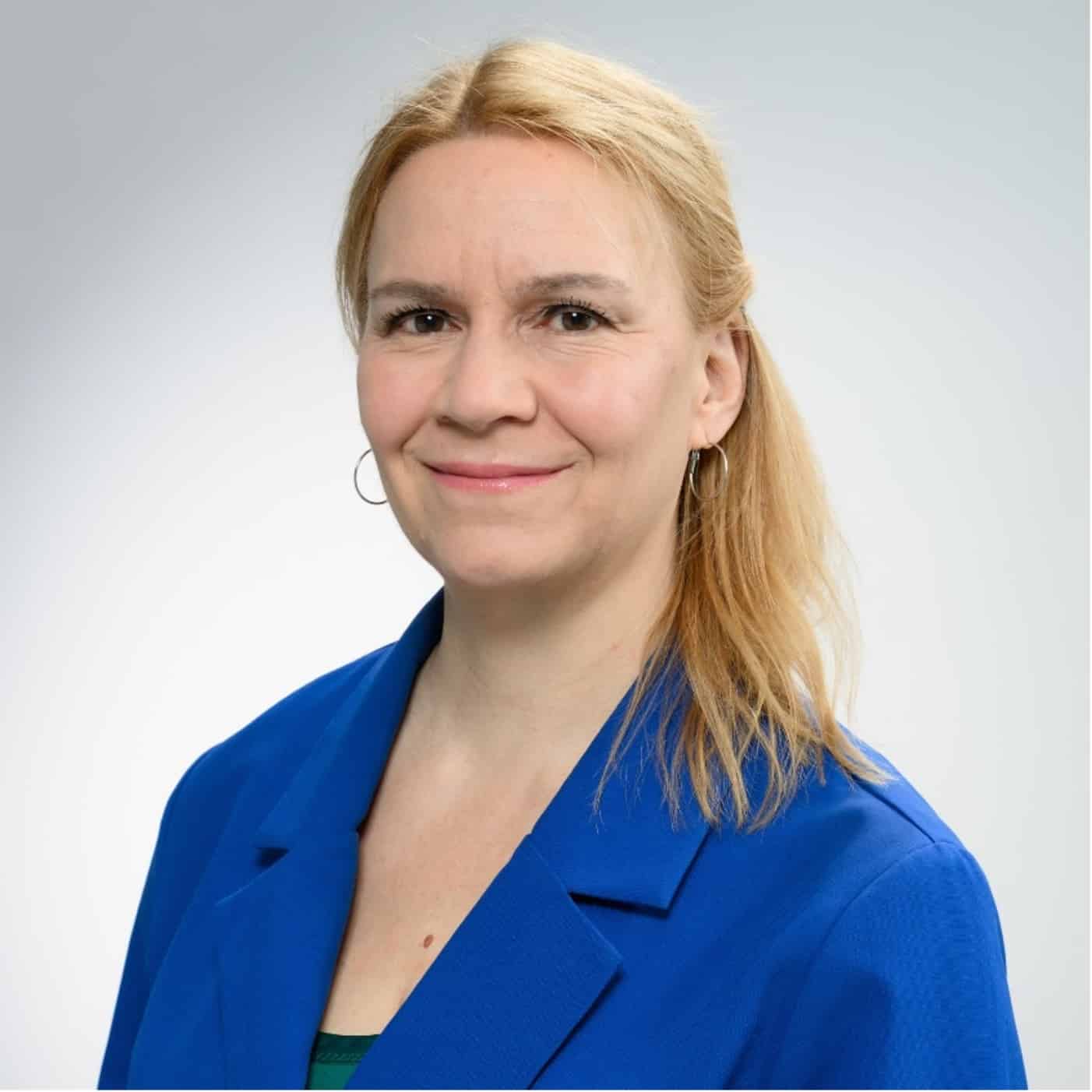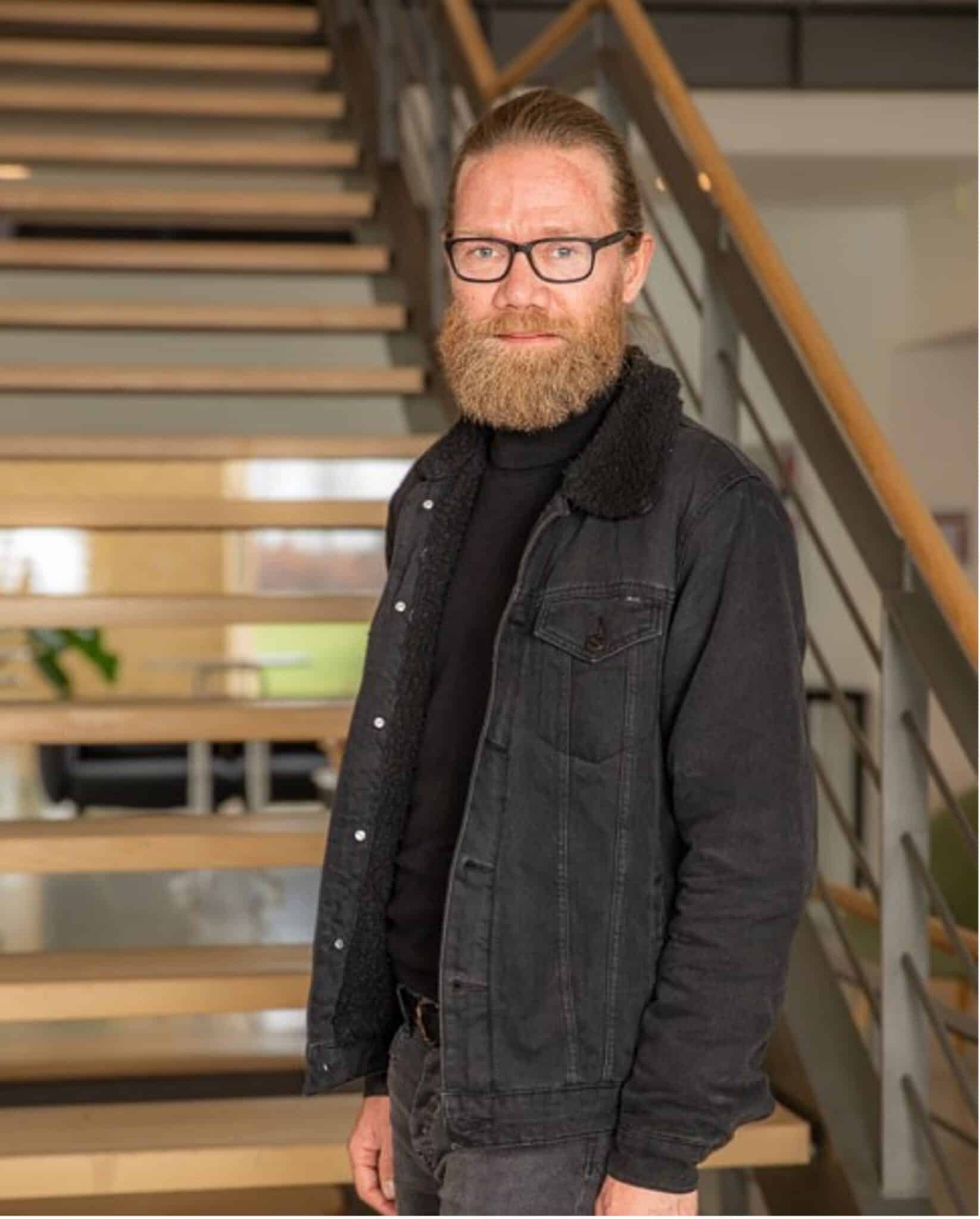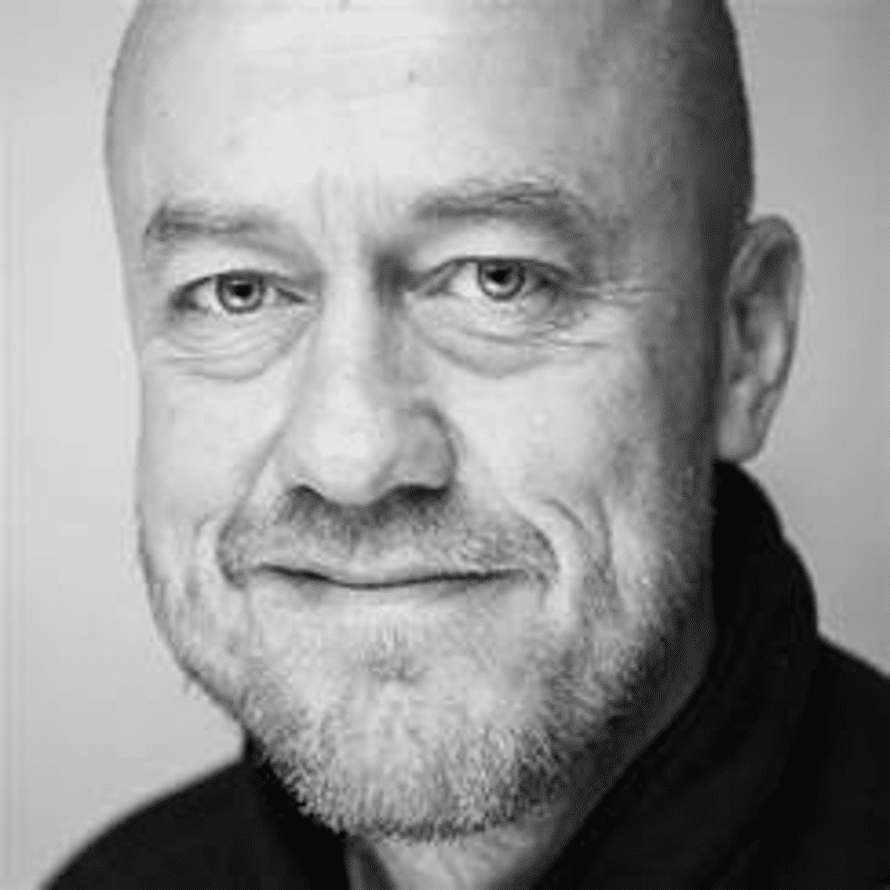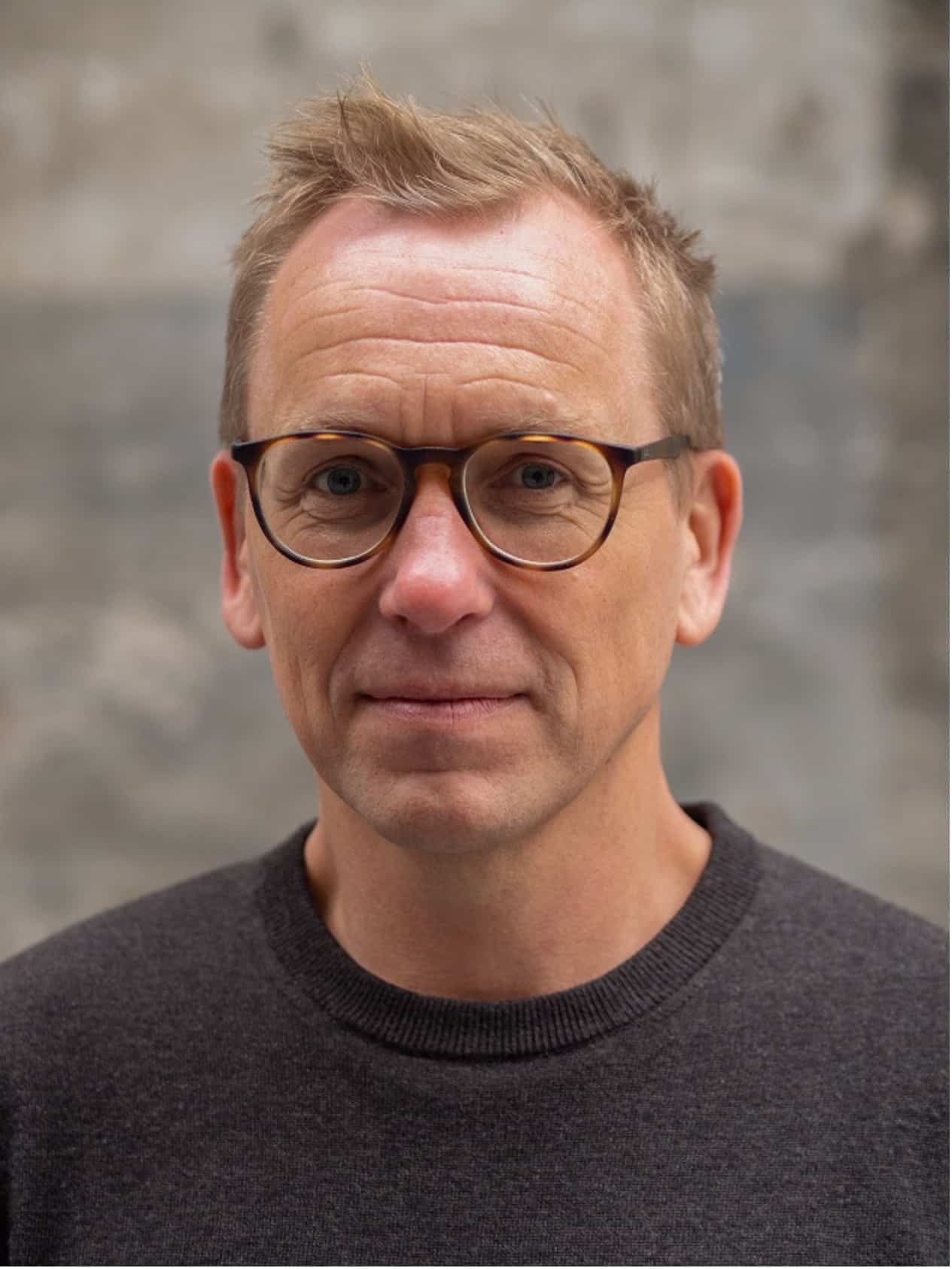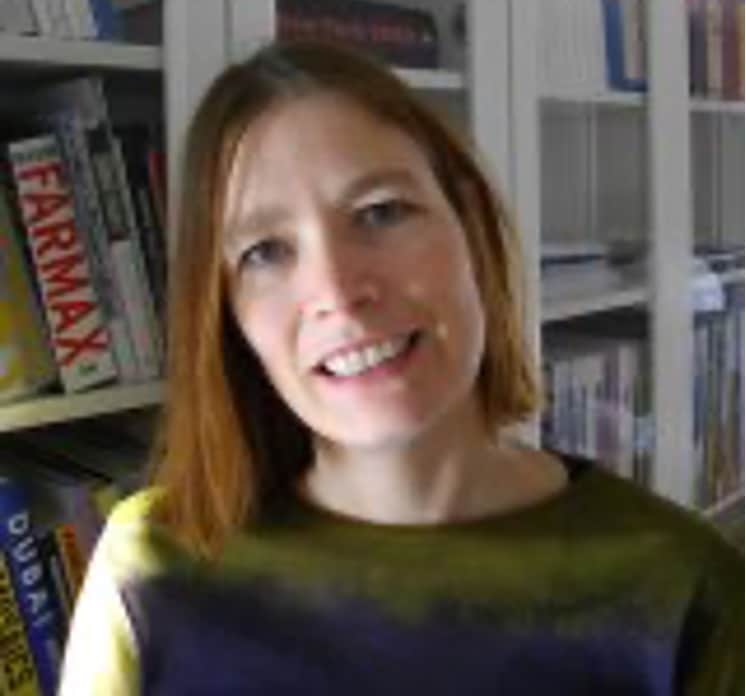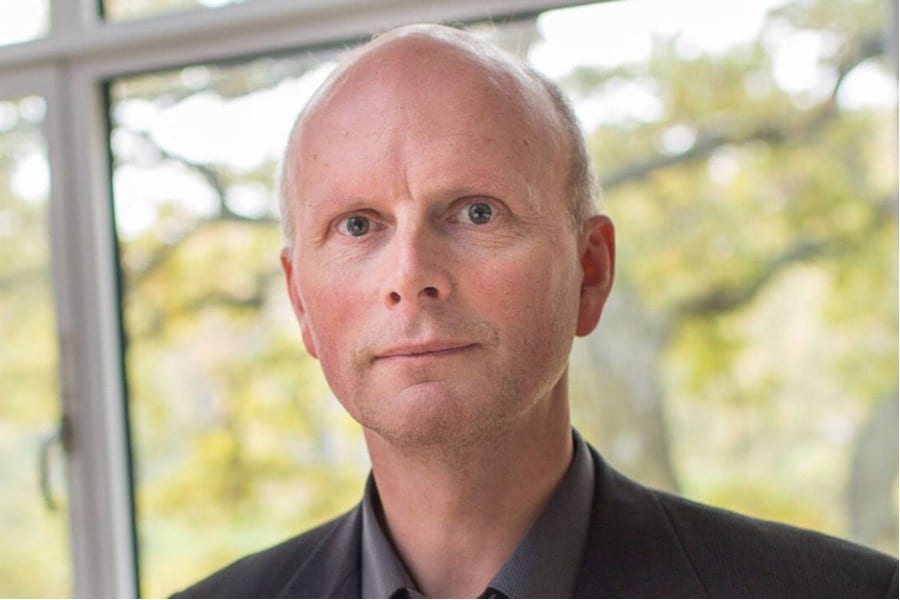Kaari Mattila
Professor of Practice in Human Rights and Democracy with the University of Eastern Finland
Dr. Kaari Mattila is a social scientist and a leading human rights advocate, teacher and speaker. Kaari has worked for 25 years on human rights, children’s rights and gender equality within civil society, government, and academia. She currently works as a Professor of Practice in Human Rights and Democracy with the University of Eastern Finland.
Through her work in executive positions with the Finnish League for Human Rights and Amnesty International Finland, she has played a key role in increasing understanding of human rights in hitherto less obvious questions such as poverty, security or sports. She has served in several national delegations and as board member in organisations such as the International Federation for Human Rights and Save the Children Finland.
She is the initiator of internationally awarded human rights education programmes within municipal youth work and within the sports ecosystem and has seen concretely how strengthened human rights awareness can make a change into everyday lives of children and youth. As a founder of networks bringing together civil society, researchers, municipalities or top athletes, Kaari always looks for opportunities to build coalitions – including with unusual suspects. She believes this is essential if we are to protect international rules that were set to protect us all.
In her speech Kaari Mattila argues that human rights, democracy and rule of law are central to building resilience and trust among children, youth and adults alike. In globally turbulent times there is an urgent need to strengthen knowledge on these corner stones of our society.
While many governments are failing human rights commitments, municipalities and cities have an ever more important role to take. With enhanced understanding on how human rights relate to everyday work in schools, health, sports or public security, cities are better equipped to defend what is so precious in our societies: democracy, rule of law, human rights and security.
